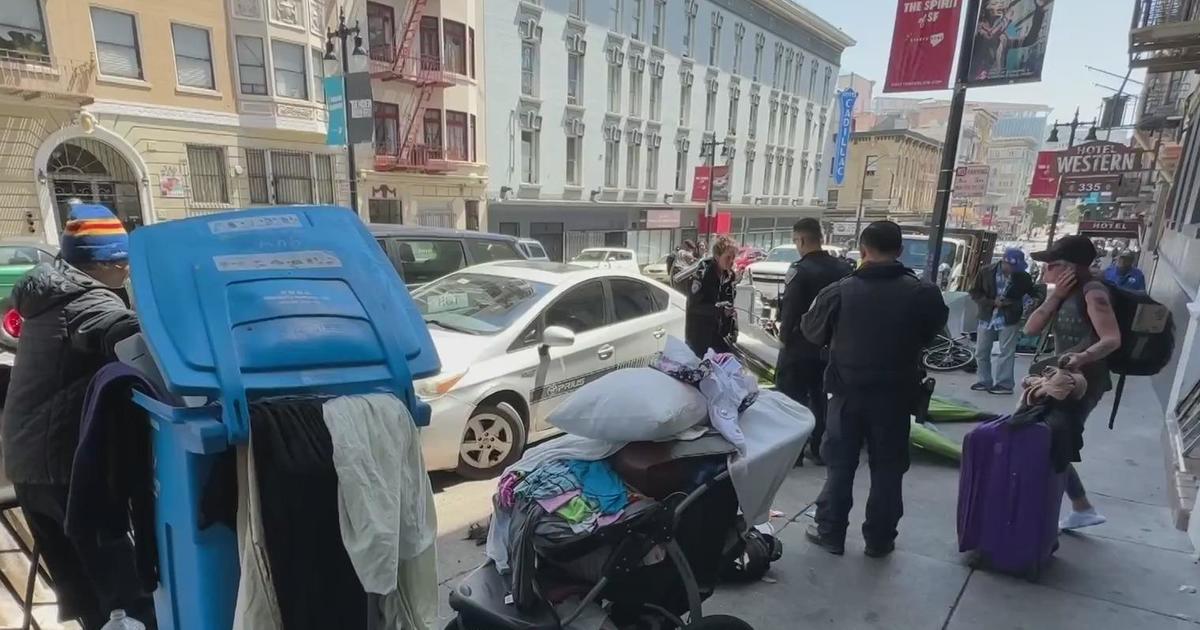
Title: Supreme Court Ruling on Homeless Encampments: A New Leeway for Cities?
The Supreme Court is expected to give cities more leeway in handling homeless encampments on sidewalks, following a series of controversial sweeps in cities like San Francisco and Grants Pass, Oregon. This decision comes as many cities struggle with an affordable housing shortage and increasing homelessness.
Background: The Controversy Surrounding Homeless Sweeps
Homeless encampments have long been a contentious issue for cities across the United States. In recent years, the practice of removing encampments from public spaces has sparked controversy and legal challenges. In 2018, homeless individuals in Grants Pass, Oregon filed a lawsuit against the city's ordinances restricting camping and sleeping in public places.
The Issue at Hand: Balancing Civil Liberties and Public Safety
At the heart of this issue is the question of whether cities have the right to enforce laws that restrict homeless individuals from camping or sleeping on sidewalks, while also ensuring their civil liberties are protected. The Supreme Court's decision could set a precedent for how cities approach this complex problem.
The Impact on Cities and Homeless Individuals
If the Supreme Court rules in favor of cities, it could give them more power to clear public spaces and address concerns around health and safety. However, critics argue that such measures disproportionately affect homeless individuals who have nowhere else to go.
The Role of Affordable Housing in Addressing Homelessness
Many experts agree that a lack of affordable housing is a significant contributor to homelessness. As cities grapple with this issue, they must also consider the long-term solutions needed to address the root causes and provide adequate shelter for those in need.
Sources:
- CBS News: San Francisco could be given more leeway in how it removes encampments (https://sanfrancisco.cbslocal.com/2024/04/23/san-francisco-supreme-court-homelessness/
- C-Span: City of Grants Pass v. Johnson Oral Argument (https://www.cspanvideo.org/programs?id=534912)
- The New York Times: Supreme Court Appears to Side With Oregon City in Homelessness Case (https://www.nytimes.com/2024/04/22/us/supreme-court-homeless-case-oregon.html)
- NPR: Supreme Court weighs whether cities can punish unhoused people for sleeping outdoors (https://www.npr.org/2024/04/22/1245575331/
- Washington Post: Supreme Court divided over homeless ban and rights of the unhoused (https://www.washingtonpost.com/politics/supreme-court-homelessness-camping-ban-oregon/)






